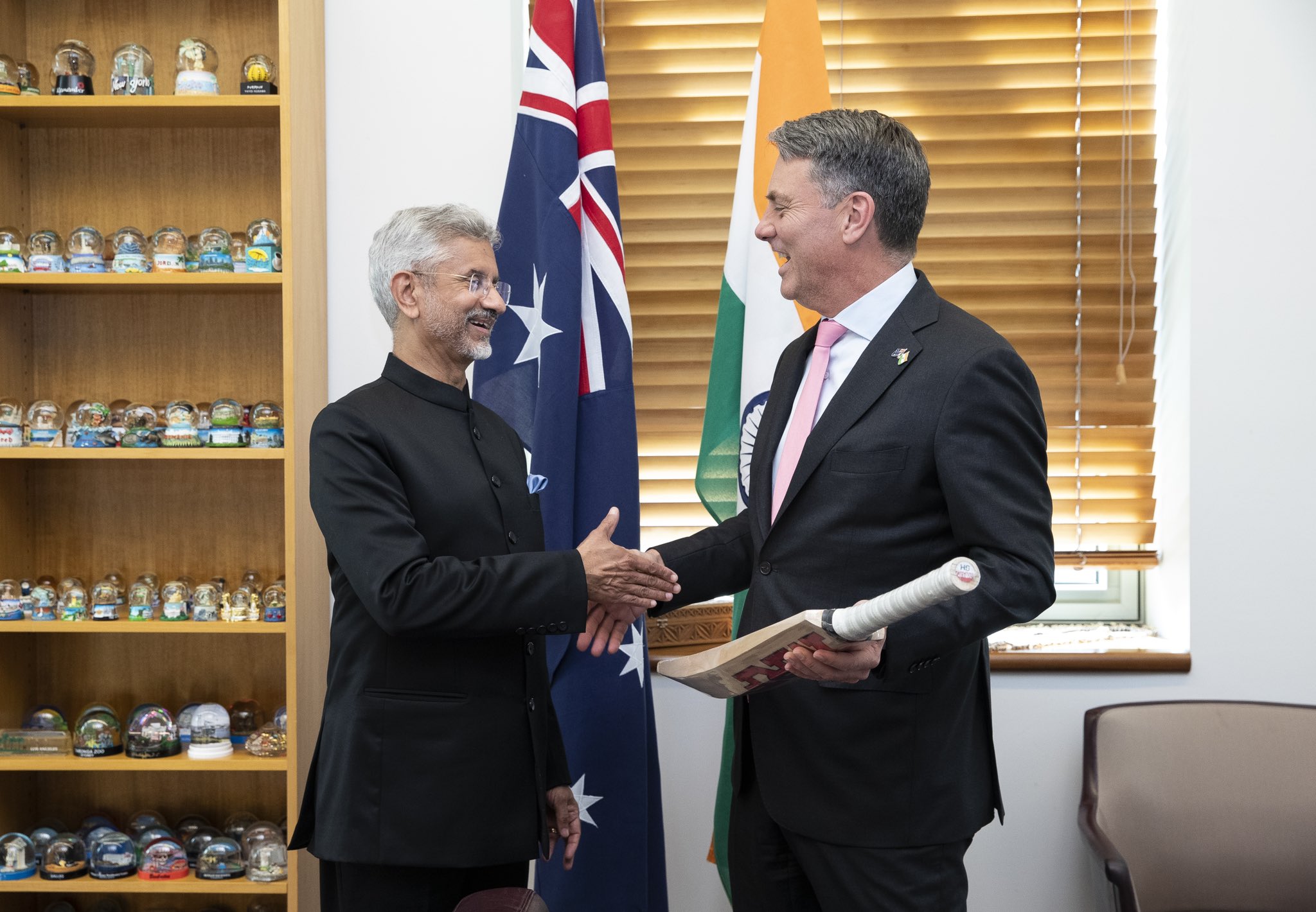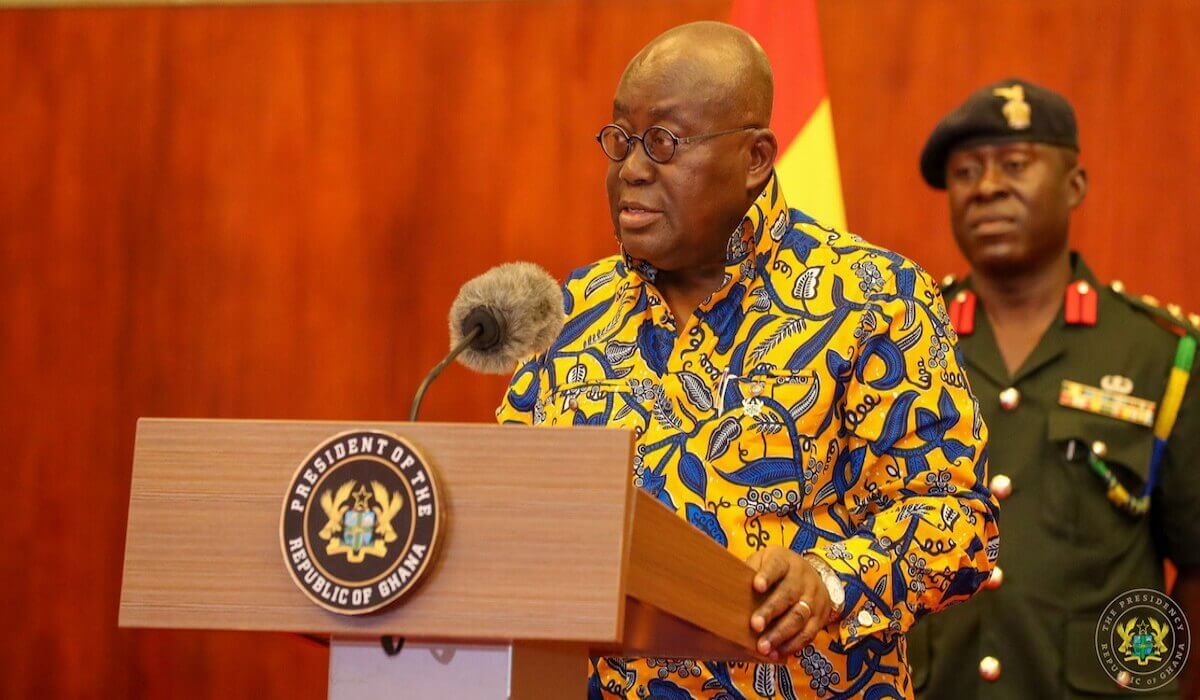South Asia
In its World Economic Outlook report this month, the International Monetary Fund announced a steep drop in its forecast of India’s economic growth in 2022 from 7.4% in July to 6.8%. However, the World Bank’s chief economist for South Asia, Hans Timmer, said that India is “doing better than the rest of the world” due to its “buffers,” particularly its large central bank reserves. [Times of India]
Thousands of protestors gathered in Pakistan’s Mingora city to protest against rising terrorist activities in the Swat valley. The demonstrations come after a school van driver was killed in a terrorist attack, raising questions about why militancy in the region is rising despite the presence of security forces. [The News International]
Central Asia and the Caucasus
Russian Foreign Minister Sergey Lavrov will chair a trilateral meeting with his Armenian and Azerbaijani counterparts—Ararat Mirzoyan and Jeyhun Bayramov—in Astana on Friday to discuss the situation in Nagorno-Karabakh. The meeting is an initiative of Moscow and will take after Mirzoyan and Bayramov met in New York last month under American mediation. [Public Radio of Armenia]
The Kazakh Foreign Ministry on Tuesday announced its plan to evacuate all of its employees from its embassy in Ukraine following Russia’s massive missile strikes on several Ukrainian cities, including the capital Kyiv. The ministry also urged all Kazakh citizens in Ukraine to leave the country immediately. [Fergana News]
East and Southeast Asia
Taiwanese Premier Su Tseng-chang said on Tuesday that business magnate Elon Musk “doesn’t know much” about the island, after the businessman suggested it should become a special administrative region under China. “Musk is a businessman. He has a big car factory in Shanghai and he wants to promote his electric vehicles... a businessman may say this today and say that tomorrow,” he argued. Su added that Musk “only speaks for himself” but “really doesn’t know much about Taiwan” and “he also doesn’t understand cross-strait relations. [The Straits Times]
Shanghai, Shenzhen, and other major Chinese cities have ramped up COVID-19 testing once again as infections rise. Authorities reported 2,089 new local infections on Tuesday, the most since 20 August. The rise in infections comes as domestic travel picked up during “Golden Week” celebrations earlier this month. [Channel News Asia]
Europe
In an interview with Russian state television on Tuesday, Russian Foreign Minister Sergey Lavrov claimed that Russia is willing to talk to the United States (US) regarding ways to end the Ukraine war, but has not “received any serious offers to make contact.” US Department of State spokesperson Ned Price opined that this was mere “posturing” and that Washington has “very little confidence” about the legitimacy of Moscow’s offer, as Lavrov’s comments came hours after a barrage of Russian missiles killed civilians in Ukraine. [Reuters]
The United Kingdom will deploy its Royal Fleet and special police to Turks and Caicos to combat a sudden rise in gang violence in the British Overseas Territory. British Foreign Secretary James Cleverly said that it is the government’s “moral and constitutional responsibility” to prevent the “terrible violence” in the islands. [UK Government]
North Atlantic Treaty Organization (NATO) Secretary-General Jens Stoltenberg said that the alliance will conduct annual nuclear exercises called “Steadfast Noon” that will involve nuclear warheads, surveillance, and refuelling aircraft. The exercise is scheduled for next week and will be held for a week. He clarified that the exercise had already been scheduled before Russia’s invasion of Ukraine. [Al Jazeera]
Latin America and the Caribbean
On Tuesday, Mexico’s most highly-populated state, State of Mexico, voted to legalise same-sex marriage, making it the 29th of the country's 32 states who have made the change. The bill was passed with 50 votes in favour and 16 against. The state is home to 17 million people. Mexico City in 2009 became the first part of the country to legally recognise same-sex marriage. [Reuters]
The Chilean Senate on Tuesday voted in favour of a proposal to become the 12th member of the Comprehensive and Progressive Agreement for Trans-Pacific Partnership (CPTPP), with 27 votes in favour, 10 against, and one abstention. Although the upper chamber of parliament has approved Chile’s entry, it now requires the assent of President Gabriel Boric, who has in the past rallied against joining the agreement. [teleSUR]

Middle East and North Africa (MENA)
Israel on Tuesday reached a “historic agreement” settling its maritime dispute over the Karish natural gas field in the Mediterranean with Lebanon. Israel said the agreement was finalised after “intensive dialogue” between Israeli and Lebanese officials through American mediation. Prime Minister Yair Lapid said the deal “meets all the security and economic principles laid out by Israel,” though its details have not been made public yet. [Israel MFA]
Emirati President Mohammed bin Zayed (MBZ) called on Russia and Ukraine to engage in dialogue and diplomacy to end the war. During a meeting with his Russian counterpart Vladimir Putin in St. Petersburg, MBZ said the United Arab Emirates is committed to global peace and security and is willing to help Kyiv and Moscow end their conflict. The two leaders also discussed improving energy ties and stressed that the impact of the recent OPEC+ decision to cut oil production by two million barrels per day would “create stability in the global energy markets.” [Arab News]
Iran’s Islamic Revolutionary Guards Corps (IRGC) on Tuesday claimed it had arrested a person spying for Israeli intelligence agency Mossad in Kerman. It alleged that the person was planning to carry out “anti-security measures” in the country. The IRGC did not mention if the person was connected with the ongoing anti-hijab protest movement but has accused Israel of orchestrating the protests. [Jerusalem Post]
North America
In an interview on Tuesday, United States President Joe Biden asserted that Saudi Arabia would have to face “consequences” for OPEC+’s decision to cut oil production by two million barrels per day. Biden administration officials also warned Washington would have to reassess its relationship with Riyadh to “make sure that it’s serving our national security interests,” asserting that the cut would help Russia fund its war in Ukraine. Meanwhile, Saudi Foreign Minister Faisal bin Farhan Al Saud said his government’s decision was for “purely economic” reasons. [Associated Press]
During a meeting in Tokyo on Tuesday, Canadian Minister of Foreign Affairs Mélanie Joly and her Japanese counterpart Hayashi Yoshimasa welcomed the initiation of talks for a General Security of Information Agreement that will facilitate information sharing and support defence procurement. The pact aims to improve interoperability between the Canadian and Japanese armed forces. [Global Affairs Canada]
Oceania
During his meeting with Australian Defence Minister Richard Marles, Indian External Affairs Minister S. Jaishankar said the two countries’ “growing defence and security cooperation” ensures “a peaceful, prosperous and rules-based Indo-Pacific.” Jaishankar, who arrived in Canberra on Monday, also met his counterpart Penny Wong and Education Minister Jason Clare. [The Hindu]
Ukrainian Ambassador to Australia Vasyl Myroshnychenko said that Ukraine had not requested the Australian armed forces to help train Ukraine’s army. He warned that such talk risked taking attention away from Kyiv’s need for extra weapons. “I haven’t seen a request from the Ukrainian government to assist with training. What we should be discussing is artillery, ammunition, Bushmasters, Hawkeis, heavy weapons, drones,” he said. [Australian Financial Review]
Sub-Saharan Africa
Ghanaian President Nana Akufo-Addo took aim at wealthy Western nations for their lack of financial commitment to climate action in Africa, saying, “$55 million for 54 countries – this is not fair.” He was referring to the commitments made during a climate summit in September, when the United Kingdom pledged $23 million, Norway $15 million, France $10 million, and Denmark $7 million. “The adaptation summit had the mission of mobilising $25 billion by 2025 … ridiculously, while the G20 countries are responsible for 80% of emissions, Africa left Rotterdam with pledges of up to $55 million,” the Ghanaian leader said. [News24]
Chad’s Prime Minister Albert Pahimi Padacke has stepped down from his position, just days after junta chief Gen. Mahamat Idriss Déby named himself as president and extended the military-led transitional government’s rule by another two years. The junta was originally meant to stay in power for just 18 months after the assassination of the general’s father, President Idriss Déby, in April 2021; however, he has now extended his rule and also given himself the ability to contest presidential elections at the end of the transitional period. [Reuters]

